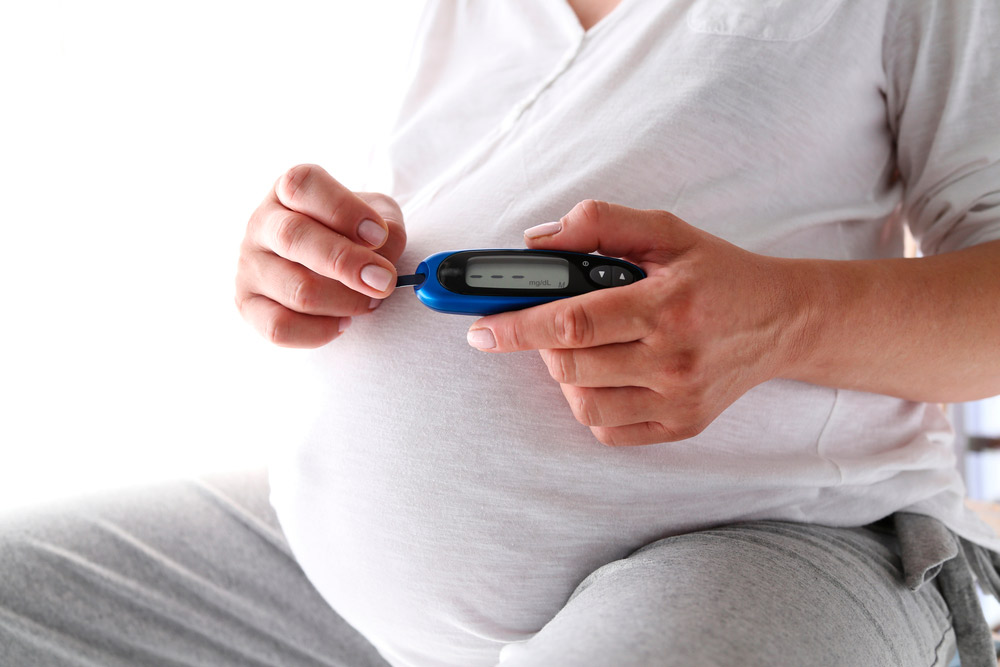
A team from the Obstetrics Department at Dexeus Mujer, led by Dr Gemma Sesmilo, conducted a retrospective analysis of prospectively collected data from singleton pregnancies monitored at the Hospital Universitari Dexeus between 2008 and 2019. Their aim was to study whether women who use assisted reproductive technology (ART) have a higher incidence of gestational diabetes (GDM) compared to those who become pregnant spontaneously, whether the ART technique used had an influence, and whether the obstetric outcomes of GDM were worse in women who underwent ART cycles. Women under 18 years of age or with pregestational diabetes, as well as multiple pregnancies, were excluded from the study.
A total of 29,529 patients were included. Pregnancy was achieved by ART in 2596 cases (8.8%): 32.8% in vitro fertilisation (IVF/ICSI), 37.7% frozen embryo transfer (FET), 17.2% oocyte donor recipients (ODR) and 12.2% IUI. The GDM rate was 8.9% (12.7% in ART pregnancies vs. 8.5% in non-ART pregnancies). GDM was 11.2% in IVF/ICSI pregnancies, 17.7% in ODR pregnancies, 13% in FET pregnancies and 9.1% in IUI pregnancies. A multivariate analysis adjusted for age, parity and BMI, did not associate GDM with ART nor with a specific ART technique.
Pregnancy outcomes in GDM patients were similar in both groups, except for caesarean section rates. The authors concluded that, despite a higher prevalence of GDM in ART-conceived pregnancies, there was no increased risk of GDM when adjusted for age, parity, and BMI. The prognosis of GDM in ART-conceived and spontaneous pregnancies was similar, except for caesarean section rates.
Reference study:
Gestational diabetes prevalence and outcomes in women undergoing assisted reproductive techniques (ART)
G. Sesmilo, P. Prats, M. Álvarez, I. Romero, M. Guerrero, I. Rodríguez, A. Rodríguez-Melcón, S. Garcia, B. Serra
Endocrinol Diabetes Nutr 2022 Dec;69(10):837-843. doi:10.1016/j.endien.2022.11.016.